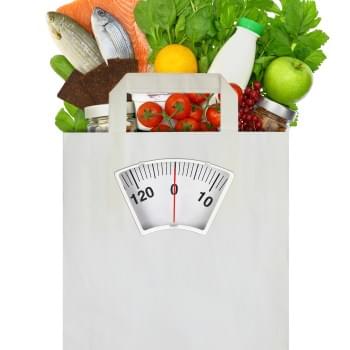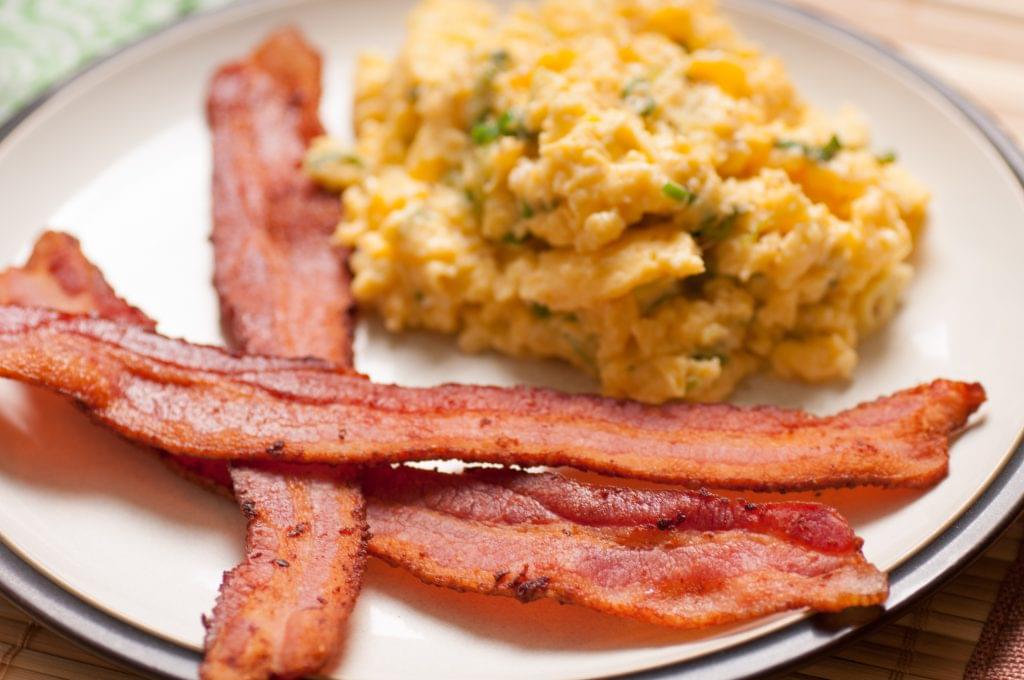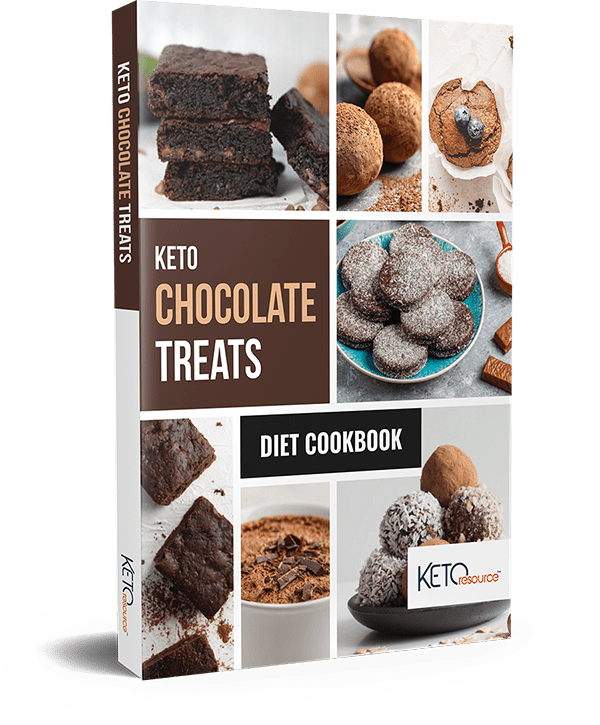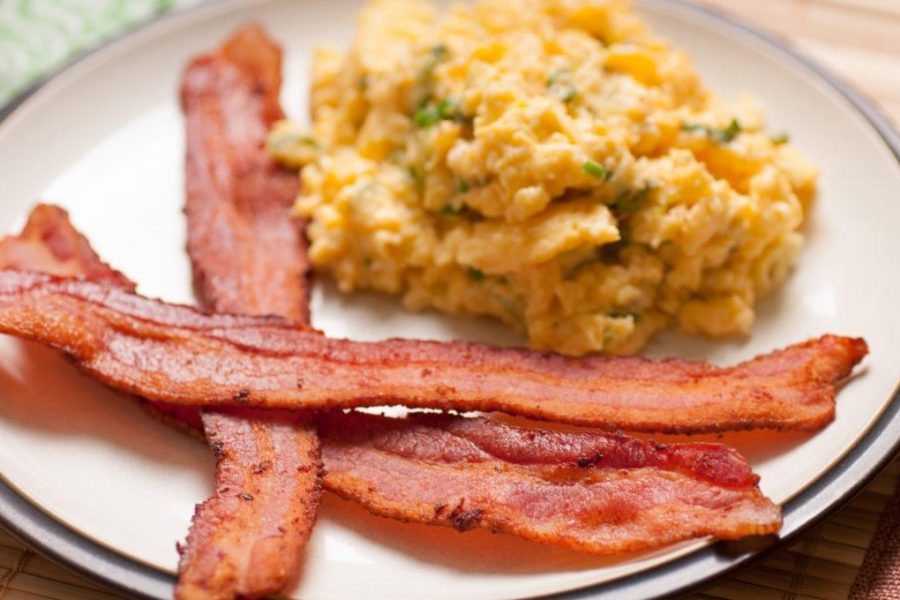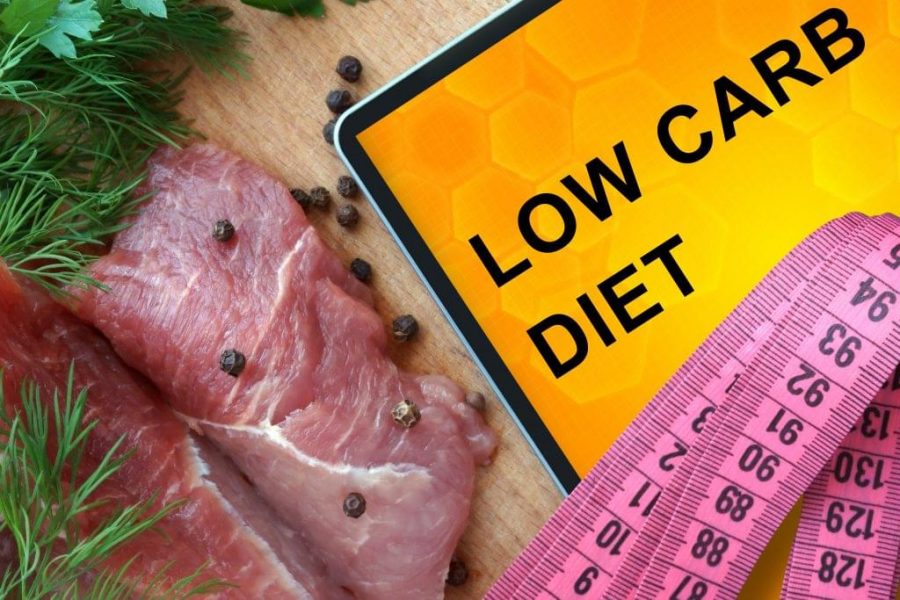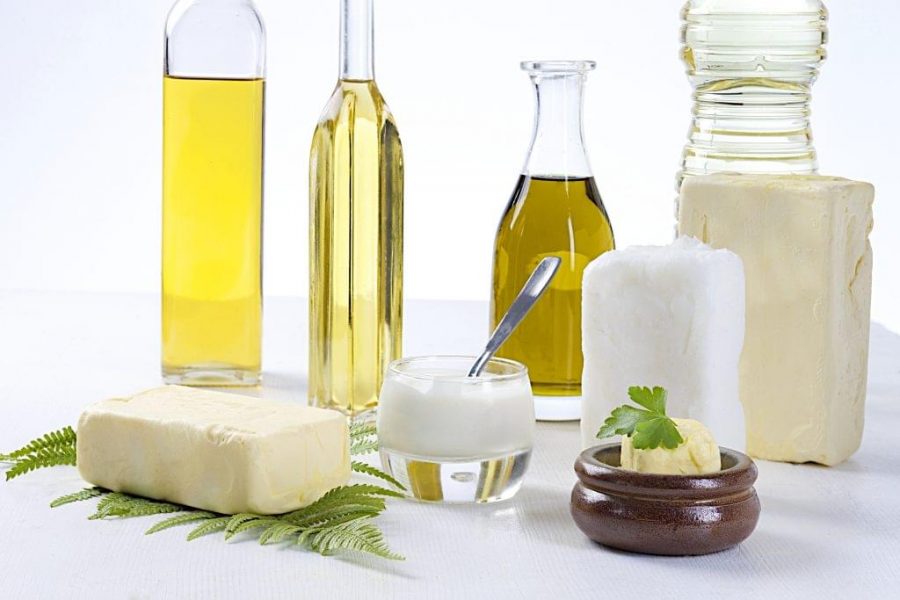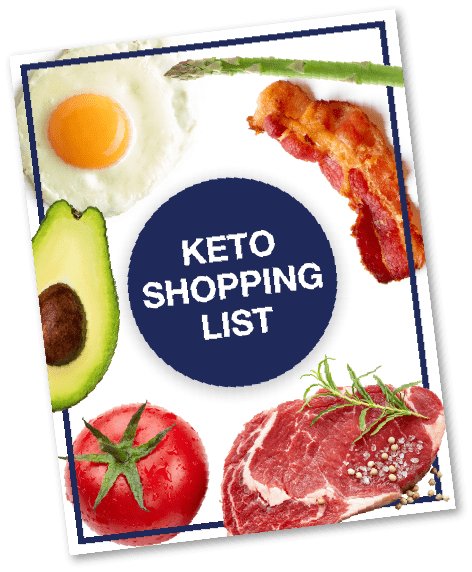Keto Nutrition
Keto Nutrition | Keto Diet Nutrition | Keto Diet Nutrition Goals | Keto Diet Nutrition Plan
Protein and Nutrition
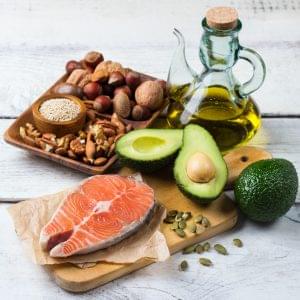 Of course, a ketogenic diet is to overeat the fats and keep a good amount of the protein. However, if you are athletic, it is a better idea to up your total protein intake as exercise calls for more. To calculate how much protein you will need, you can use a ketogenic calculator online. Athletes should get 0.6 grams to 1 gram of protein per pound of lean body mass.
Of course, a ketogenic diet is to overeat the fats and keep a good amount of the protein. However, if you are athletic, it is a better idea to up your total protein intake as exercise calls for more. To calculate how much protein you will need, you can use a ketogenic calculator online. Athletes should get 0.6 grams to 1 gram of protein per pound of lean body mass.
You might be worried whether or not eating more protein might take you out of ketosis, and luckily not all excess proteins in the body will be converted into glucose by gluconeogenesis. Protein requirements vary depending on your daily physical activity, so do not worry if it’s a little high or low. Also, eating too few proteins can cause you to compensate with more fat, leading to hunger and overeating.
Workout Nutrition
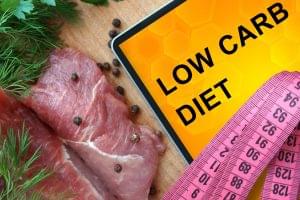 The simple rule to dieting and muscle gain is: lower your overall caloric intake to lose weight, and raise your caloric intake to gain muscle mass. A common belief is that you need carbohydrates in order to create more insulin production, which leads to more muscle protein synthesis. This is not true, you only need a small amount of insulin to get the most out of protein synthesis.
The simple rule to dieting and muscle gain is: lower your overall caloric intake to lose weight, and raise your caloric intake to gain muscle mass. A common belief is that you need carbohydrates in order to create more insulin production, which leads to more muscle protein synthesis. This is not true, you only need a small amount of insulin to get the most out of protein synthesis.
Leucine, an important amino acid to regulate muscle synthesis, can function well on ketogenic diets. The cut down on carbohydrates have little effect on the amino acid, and can still properly function without glucose. Depending on your workout, you might also need to raise your carbohydrate intake to support strenuous activity. A common myth about protein synthesis is that you need 40 grams a day in order to have muscle gain.
It is in fact not true. You need a healthy and adequate amount of protein throughout the day in order to trigger muscle protein synthesis. Another common myth: The body can only absorb 30 grams a meal. It’s true that the body takes in a certain amount of protein. But that number is based on your day-to-day need of protein. The rest is stored in your lower intestine waiting for amino acids to break it down. The window of carbohydrate and protein intake post workout is also not as short as some people may thing.
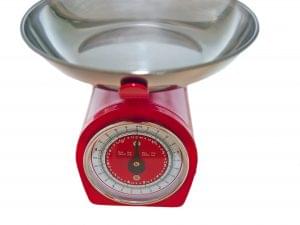 Many athletes think that the window of food intake is less than half an hour, whereas in reality it is a lot longer. You should use this time instead to cook a proper meal instead of drinking a big protein shake right after a hard workout. Finally the last myth is that you should never fast post workout. Fasting every once in awhile is a great way to induce more human growth hormone (HGH) and produce more insulin. Also, a benefit to being on a ketogenic diet is that you do not feel hungry most of the time. As the excess fat consumption takes into account the hunger than just mediating carbohydrate intake.
Many athletes think that the window of food intake is less than half an hour, whereas in reality it is a lot longer. You should use this time instead to cook a proper meal instead of drinking a big protein shake right after a hard workout. Finally the last myth is that you should never fast post workout. Fasting every once in awhile is a great way to induce more human growth hormone (HGH) and produce more insulin. Also, a benefit to being on a ketogenic diet is that you do not feel hungry most of the time. As the excess fat consumption takes into account the hunger than just mediating carbohydrate intake.
Keto Nutrition | Keto Diet Nutrition | Keto Diet Nutrition Goals | Keto Diet Nutrition Plan


